Non-practicing entity Fundamental Innovation Systems International on Monday filed a lawsuit against Apple claiming the tech giant infringes on multiple patents covering USB charging and communication technologies.
Filed with the patent holder friendly U.S. District Court for the Eastern District of Texas, FISI's complaint leverages five patents against a host of Apple hardware including iPhone, iPad, Apple Watch, iPod, Mac, charging adapters and more.
Originating from Research in Motion, the patents-in-suit — Nos. 6,936,936, 7,239,111, 7,834,586, 8,232,766 and 8,624,550 — deal mainly with USB charging technologies that "represented a fundamental break" from traditional mobile device charging systems, according to the suit. The new technology, developed over the past two decades, is claimed to have laid the groundwork for increased performance and abundance of popular features seen in today's portable devices.
The patents detail charging subsystems that interface with the USB protocol to draw current from power adapters, host computers or other devices. In particular, the technology deals with identification signals received via the USB interface, which can be massaged to enable power throughput that goes beyond limitations set by the USB specification.
FISI acquired the patent cache from RIM, then operating under the BlackBerry banner, in 2015 and has leveraged the intellectual property in a series of lawsuits targeting major electronics corporations. In 2016, FISI filed suit against Huawei, LG and Samsung, ultimately prompting each company to license the technology in 2018.
Apple was informed of potential infringement in a letter sent to VP and chief IP counsel B.J. Watrous in December 2015. Subsequent letters detailing alleged infringement were sent to Apple's head of patent acquisitions Denise Kerstein and legal counsel of IP transactions Jeff Lasker in 2017.
Apple responded to FISI's pleas to license the RIM IP in a letter dated April 5, 2018, saying it believed the patents were invalid in light of multiple requests to the U.S. Patent Trial and Appeal Board for inter partes review of the current patents-in-suit. The PTAB later denied all IPRs save one related to a claim in the '550 patent.
More recently, Apple met with FISI in August and November of 2018 to discuss a potential licensing deal. Negotiations were slated to continue this month, but Apple filed a declaratory judgment action with the Northern District of California two days prior to a Feb. 7 meeting.
A preemptive strike, the California suit seeks a declaration that Apple does not infringe on FISI's patents. As Apple points out in its defense, the devices and adapters at issue in the FISI case do not rely solely on USB standards, but also incorporate proprietary Lightning connector technology that apply modified communications signals to charging subsystems.
FISI in its case seeks compensation for infringement plus interest with a possibility to treble damages. FISI is ultimately looking to force a settlement that will see Apple license the USB charging technology for a slate of hugely popular products.
 Mikey Campbell
Mikey Campbell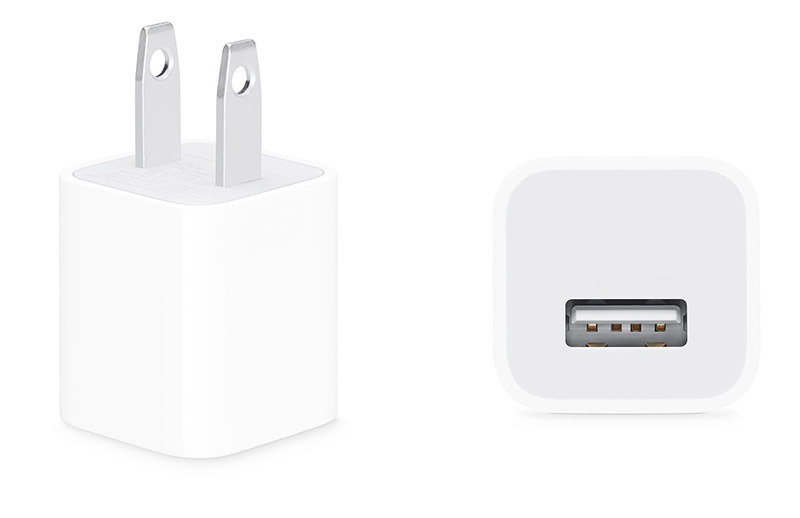
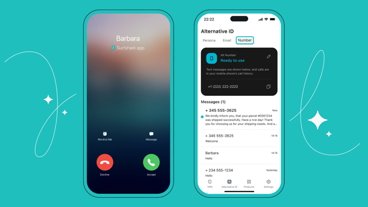
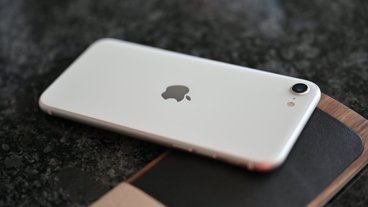
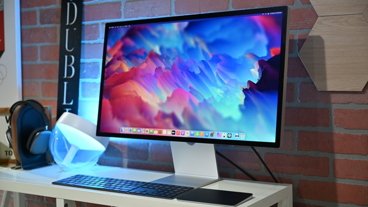
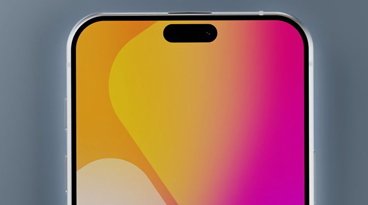
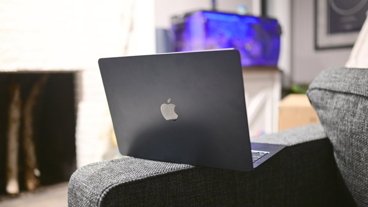
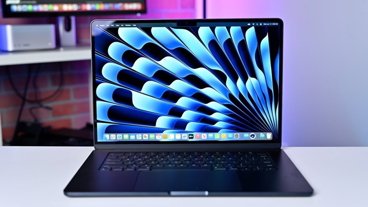

-m.jpg)



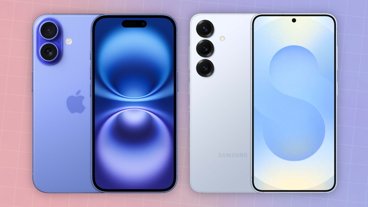
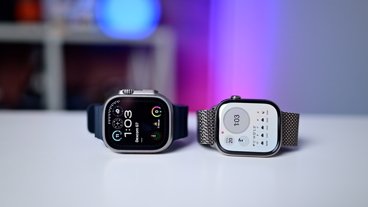
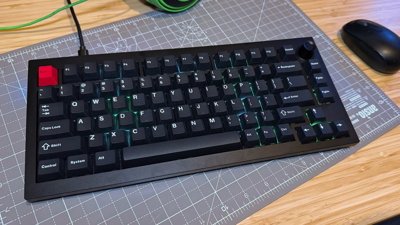
 Malcolm Owen
Malcolm Owen
 Wesley Hilliard
Wesley Hilliard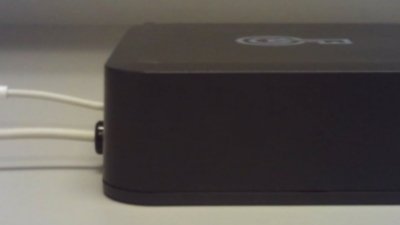
 Marko Zivkovic
Marko Zivkovic
 Christine McKee
Christine McKee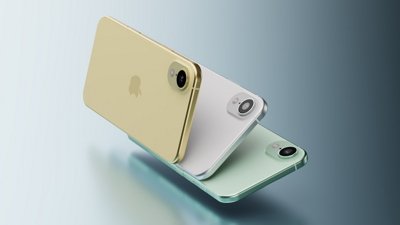

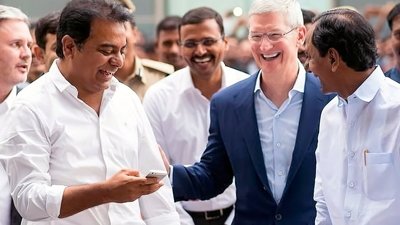
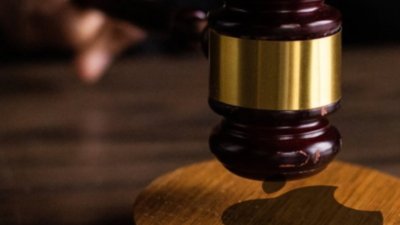
 Amber Neely
Amber Neely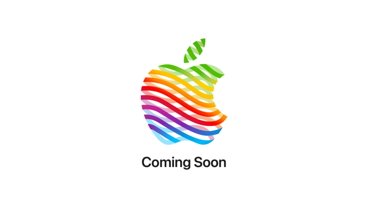
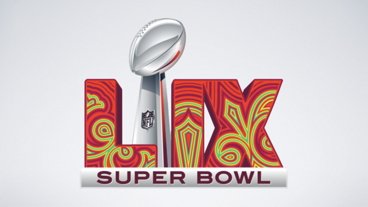
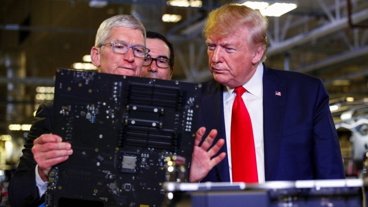
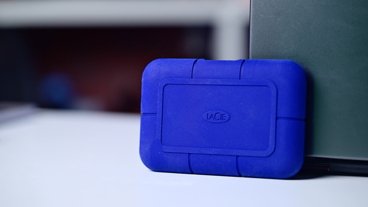
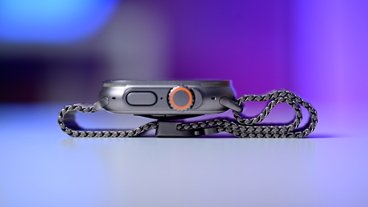
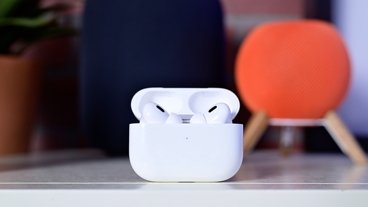
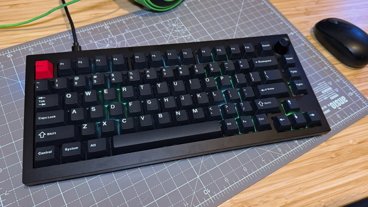
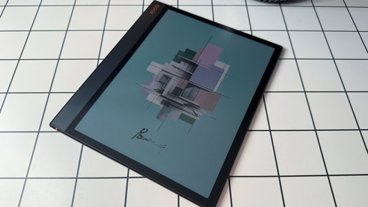
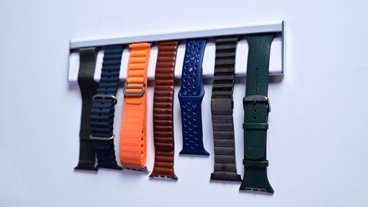

15 Comments
Apple should just buy these thirsty companies. Make things less of a headache and charge the knockoffs for using their patents.
I am not knowledgeable in IP laws etc but to me the sensible approach would be that if a company or someone buys patents then they can only be used as a basis for litigation if these patents are actually being used by the owner or the owner has clear plans on how they will be used within a reasonable period of time.
This topic on patent trolls keeps arising and it is absurd that this has not been resolved yet.
Of course, in the absence of laws as I indicated, perhaps another approach is to keep these trolls in court until they have no further resources left to fight the case. This course of action should only be available when the entity is non practicing in relation to the patents.